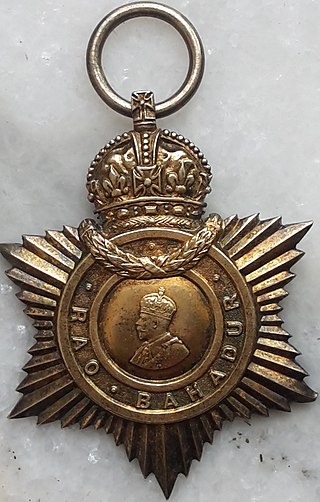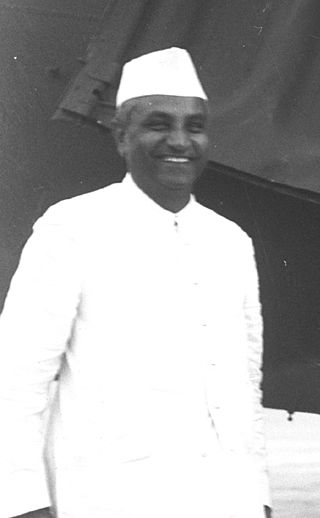Notable individuals
Notable individuals with this surname include:
- Aditya Mehta (born 1985), snooker player
- Ajay Mehta, Indian actor
- Alok Mehta (born 1952), Indian journalist
- Alok Kumar Mehta, former General Secretary of Rashtriya Janata Dal, served as minister in Government of Bihar.
- Amit Mehta (born 1971), United States district judge
- Anil Mehta, film director, cinematographer
- Apoorva Mehta (born 1986), founder of Instacart
- Ashok Mehta (1947–2012), Indian cinematographer
- Atul Mehta (born 1949), Indian cricketer
- Balwantrai Mehta (1900–1965), Gujarat's second Chief Minister
- Pratap Bhanu Mehta (born 1967), Indian academic and think tank.
- Bejun Mehta (born 1968), American countertenor
- Deepa Mehta (born 1950), Canadian film director and screenwriter
- Devaanshi Mehta (1996–2012), British-Indian student who started the Asian Donor Campaign
- Dilip Mehta
- Gita Mehta (née Patnaik; 1943–2023), Indian writer
- Gulshan Kumar Mehta (1937–2009), Indian lyricist and actor
- Hansa Jivraj Mehta (1897–1995), Indian reformist, social activist, educator, independence activist, and writer
- Harshad Mehta (1954–2001), Indian stockbroker who was convicted of market manipulation and died of a heart attack at age 47.
- Hemant Mehta (born 1983), American-born Indian author
- Homi Maneck Mehta (1871–1948), Indian industrialist and philanthropist
- Jagat Singh Mehta (1922–2014), Foreign Secretary of India
- Jamshed Nusserwanjee Mehta (1886–1952), Mayor of Karachi
- Jarava Lal Mehta (1912–1988), Indian philosopher
- Jay Mehta (born 1961), businessman and owner of the Mehta Group
- Jehangir Mehta (born 1971), chef and owner of New York City restaurants
- Jivraj Narayan Mehta (1887–1978), Gujarat's first Chief Minister
- Kalu Mehta (1440–1522), father of Sikhism's founder Guru Nanak
- Madan Lal Mehta (1932–2006), theoretical physicist in the field of random matrix theory
- Mahendra Mehta (born 1955), former CEO of Vedanta Resources; also known as Mahendar Singh
- Mehli Mehta, (1908–2002): musician; founder of the Bombay Philharmonic and Bombay String Orchestras
- Nakuul Mehta (born 1983), actor and model
- Nariman Mehta (1920–2014), organic chemist and inventor of bupropion (Wellbutrin)
- Narsinh Mehta, Gujarati spiritual poet
- Nicky Mehta, singer, songwriter, member of Canadian folk trio The Wailin' Jennys
- Phiroz Mehta (1902–1994), writer on religious topics, and philosopher
- Pherozeshah Mehta (1845–1915), Indian political leader, activist, and lawyer
- Raj Mehta
- Russell Mehta, Indian businessman
- Sahil Mehta (born 1988), Indian actor
- Samir Mehta
- Sargun Mehta (born 1988), Indian model, comedian, dancer, presenter and actress
- Shailendra Raj Mehta (born 1959), Indian economist, president and director, MICA
- Shekhar Mehta (1945–2006), Ugandan-born Kenyan rally driver
- Sonny Mehta (born Ajai Singh Mehta; 1942–2019), Indian book editor
- Suketu Mehta (born 1963), India-born American writer
- Tarak Mehta (Born Tarak Janubhai Mehta; 1929-2017), Indian writer, humorist, and playwright
- Tushar Mehta
- Tyeb Mehta (1925–2009), Indian painter
- Tulsidas Mehta, multiple times Member of Bihar Legislative Assembly, a former minister in Government of Bihar.
- Uday Singh Mehta, American political scientist
- Veer Singh Mehta (born 1949), Indian neurosurgeon
- Veronica Mehta, British Punjabi singer
- Vikram Bhagvandas Mehta (1946–2014), Indian mathematician
- Zarin Mehta (born 1938), executive director of the New York Philharmonic Orchestra; brother of Zubin
- Zubeida Begum (1926-1952), Indian actress born to Faiza Bai and Shri Qasembhai Mehta; she was married to Maharaja of Jodhpur, Hanwant Singh
- Zubin Mehta (born 1936), Indian conductor of Western classical music





